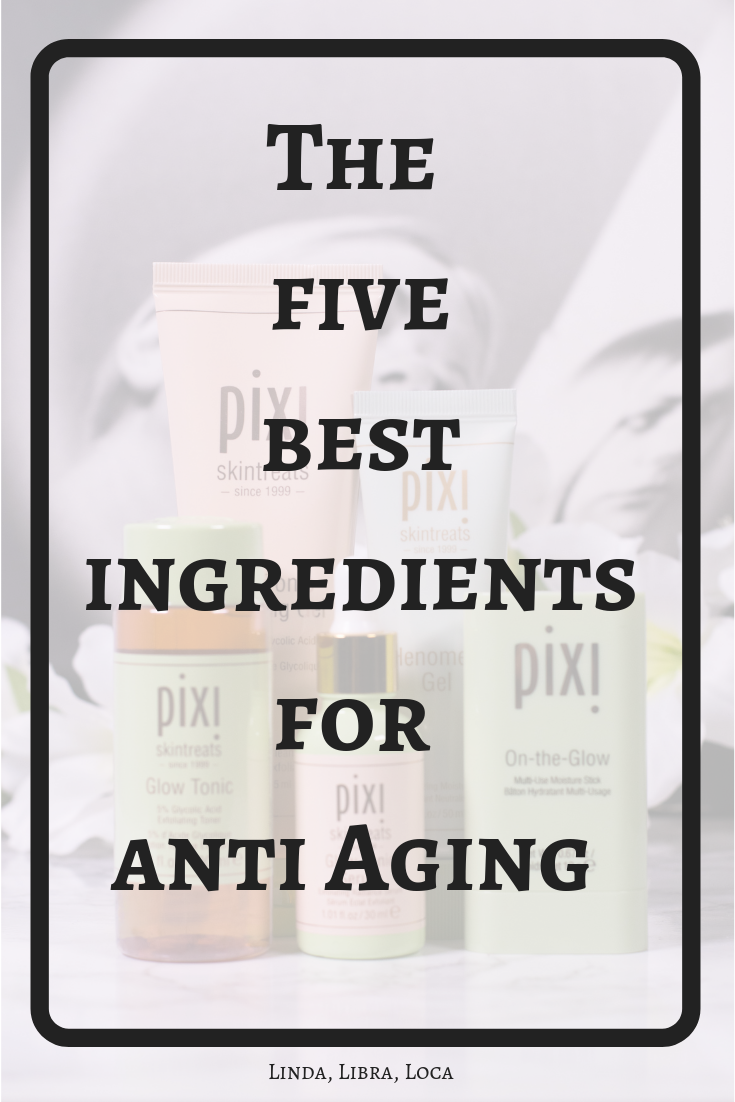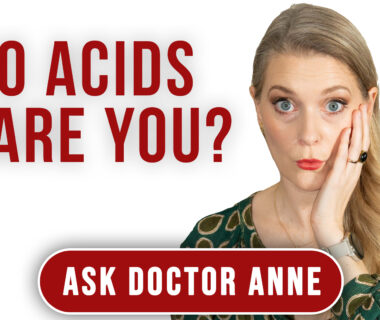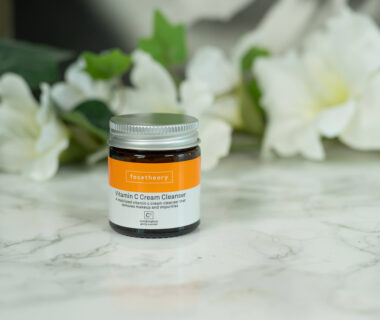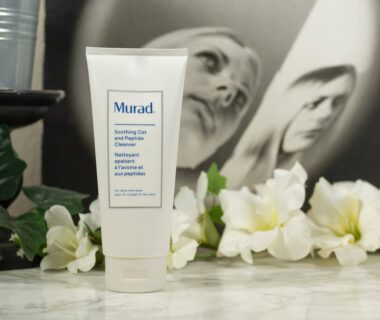ADVERTISEMENT INFO: THIS BLOG POST CONTAINS *PR-SAMPLES (GIFTED ITEMS) AND USES AFFILIATE LINKS. I DID NOT RECEIVE ANY MONEY TO WRITE IT. PLEASE READ DISCLAIMER.
If I had one cent for every time I get asked this question: “Which ingredients really work for anti aging?” I´d have, well, maybe a few Euro already. Which is a pretty anticlimactic introduction, really, to stress the fact that I do get asked this question a lot.
And I get it, with marketing claims getting stranger by the minute and a new it-ingredient popping up every minute, it is hard to decide which products will make a difference in your routine and which ones are just a waste of money. The good thing (or maybe the sad thing?) is that there isn’t much new in the realms of anti aging skin care. The ingredients that have proven their worth over and over again are still the ones we have been using for years now, so I don’t think there will be many surprises.
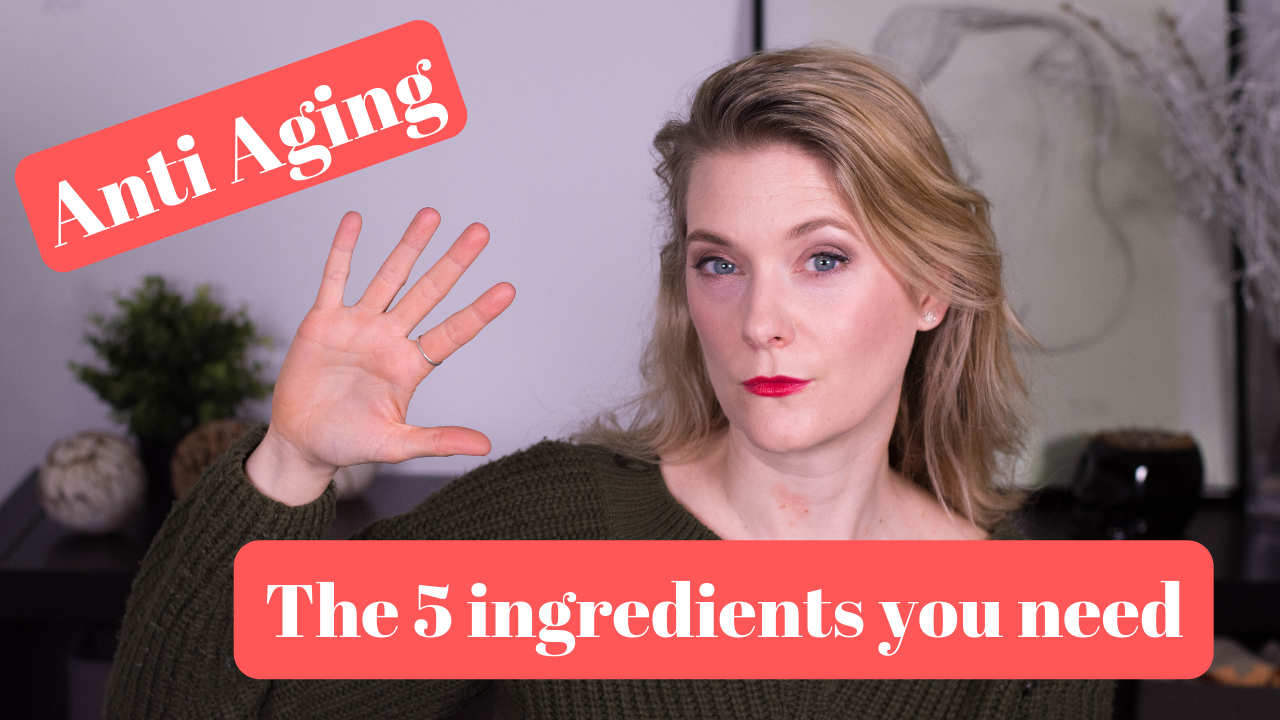
With the exception of number 5, which is controversial, and maybe number 4 which I bet you have heard about already, but maybe have yet to incorporate into your routine because you are scared of side effects.
Or maybe because you are too young to need it, which leads me to the question I get asked almost as often: “At which age should I start using anti aging products?” Lucky for you I answered that question already (read here) so we can focus on the five ingredients that have proven to either prevent or reverse the signs of premature aging.

1. Sunscreen
Come on, you knew that one would be in here. As much as we try to ignore it, your SPF is the one ingredient that can really truly prevent wrinkles, age spots and loss of firmness in the skin. And skin cancer, while we are at it. Yet it is the one product we tend to skip the most, but here is the hard truth: If you don’t use SPF, you can skip everything else as well. Prevention is key and no skin care product, no matter how expensive, will be able to make up for daily sun damage. Daily sun damage, yes, no matter if it is cloudy or winter. Sun protection needs to be used each and every day.
Pick whatever kind of sunscreen you want, I don’t care if you prefer chemical or mineral, organic or anorganic filters, as long as you wear it. The best sunscreen is always the one that ends up on your face. As long as it is broad spectrum, that is.
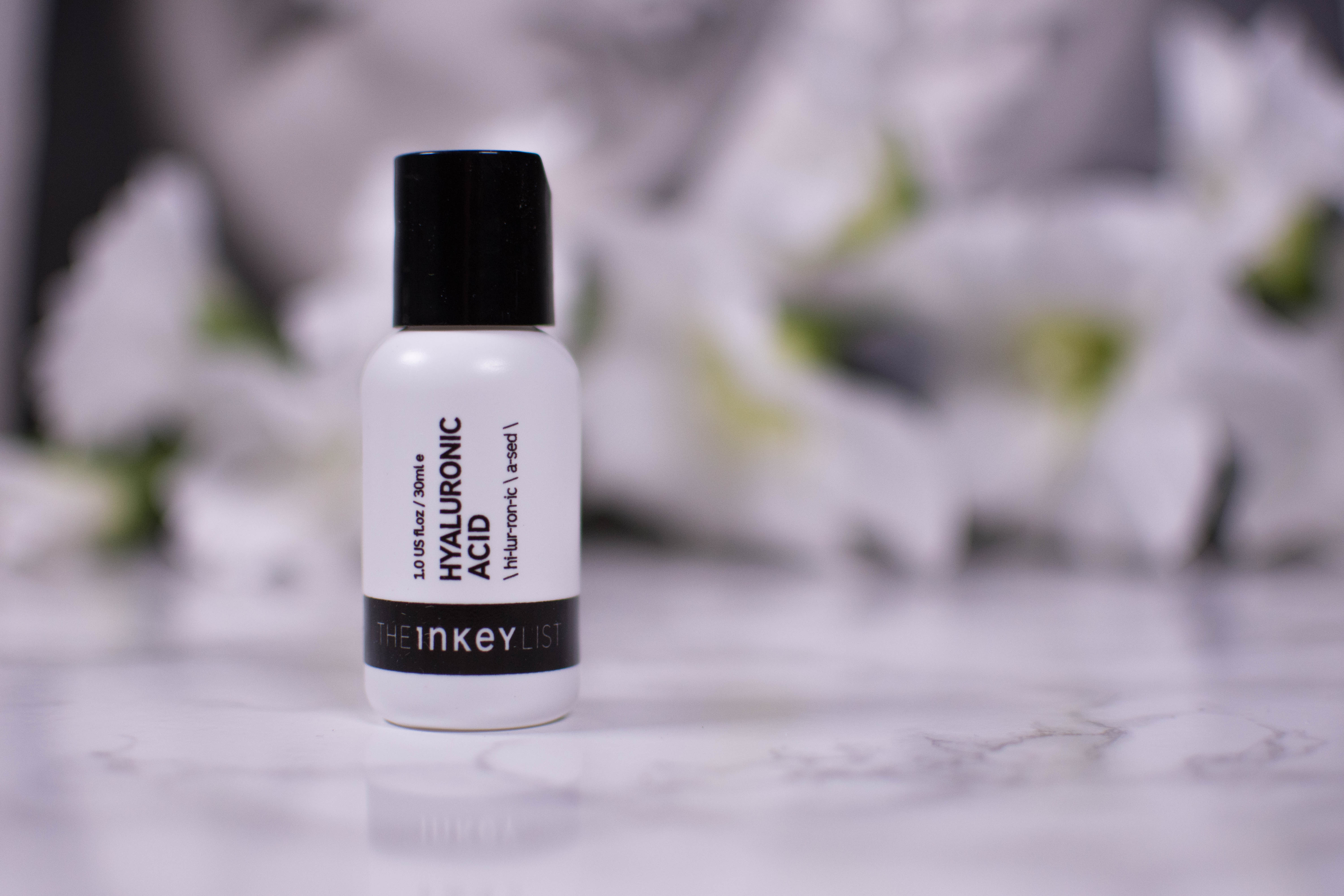
2. Hyaluronic Acid
Or another humectant, it just happens that Hyaluronic Acid is the one everybody seems to know. Humectants are designed to bind water inside the skin, making it appear plump and smooth. (If you want to learn more about humectants, click here) And plump and well hydrated skin has less fine lines and the much coveted glow we associate with youthfulness.
But there is more to humectants than just the improvement in appearance, they do have a long term effect: Our skin needs to be well hydrated to have an effective skin barrier, and an effective skin barrier reduces inflammation and irritation. And because these two are source of stress and thus premature aging, humectants do have a long term preventative anti aging effect.
Other ingredients to look for than Hyaluronic Acid are for example Glycerin or Beta-Glucan. It doesn’t really matter which one you pick, just make sure you have a few of them morning and night.
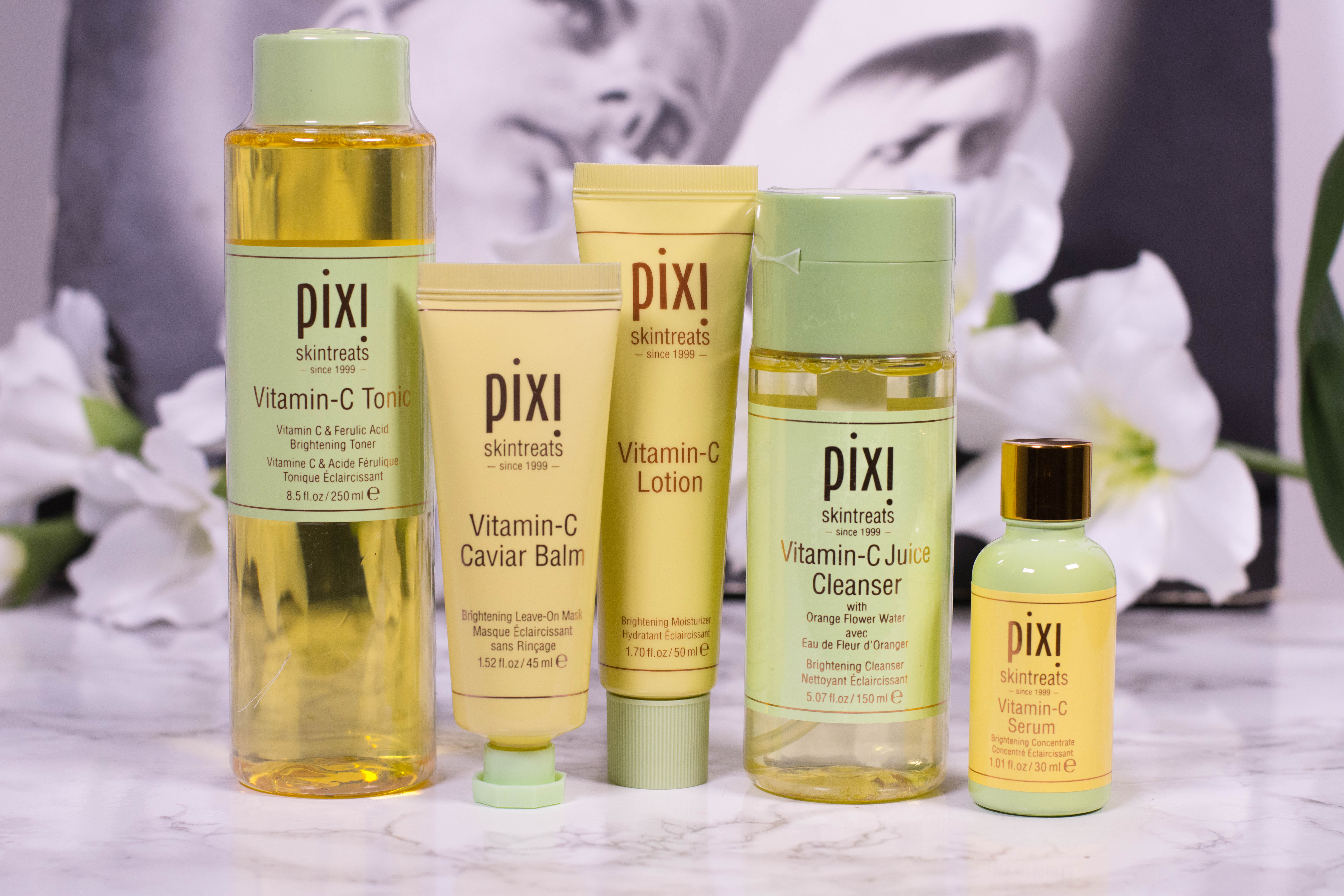
3. Antioxidants
In this case I recommend a specific one over the others: Vitamin C. Vitamin C has more benefits than “just” preventing free radical damage: It plays an important role in collagen production, preventing wrinkles and speeding up healing that way, it blocks a step in the pathway that is responsible for melanin deposit in your skin aka hyperpigmentation and on top of that it is a potent antioxidant.
Antioxidants are needed to catch free radicals that develop in the skin due to sun exposure, pollution or just regular cellular processes. These free radicals can damage our skin cells, leading to premature aging, which means that catching them before they do damage is preventing premature aging.
If Vitamin C in form of L-Ascorbic-Acid is too irritating for your skin, try one of the many different versions available (and tell me in the comments if you would like an overview over them) or, if none of them seems to work, try something like Ubiquinon (Vitamin Q10), Vitamin E or Ferulic Acid, all of which have great antioxidant properties as well.
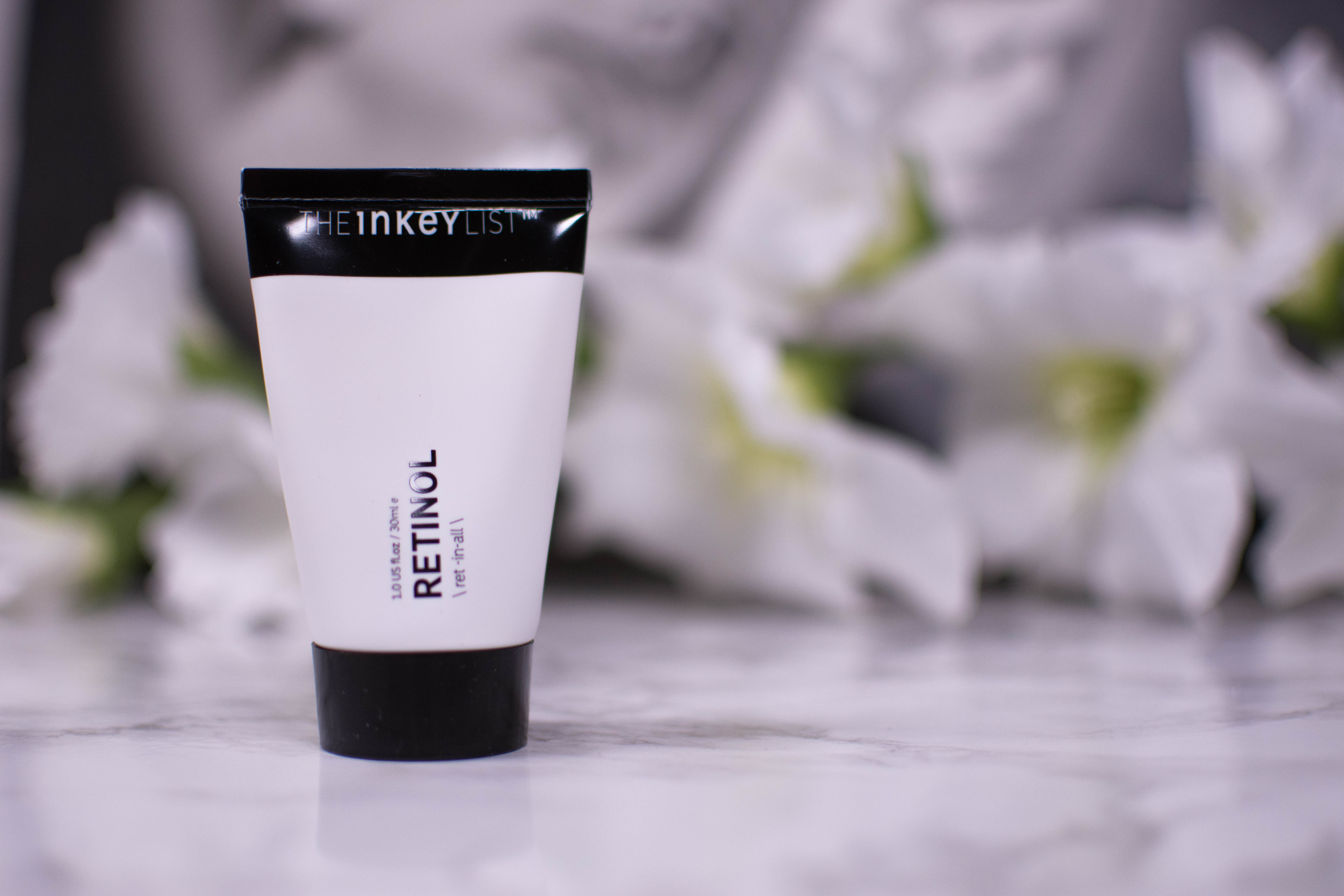
4. Retinoids
Now this is probably the firs time you hesitate, and I totally get why. Retinoids do have a bad reputation. They are irritating, they make you peel, you never know which one to choose?
Yes, all that is somewhat true, but retinoids are the only ingredient that have the scientific backup to their claim to reverse signs of aging by speeding up cell turnover and increasing the production of both collagen and elastin.
Everything I mentioned so far can prevent premature aging, retinoids can reverse it (to a certain extent of course). So if you are older than 35, I bet you you have some concerns you´d rather get rid of, and retinoids can drastically reduce age spots (or sun damage), reduce wrinkle depth and minimize the appearance of large pores. And while there are a ton of plant extracts out there that claim to do the same, retinoids do have the studies to back that claim up, and that makes them unique.
The great thing (and the confusing thing) about retinoids is that there are so many different versions and strengths that I am sure you can find one that is exactly right for your current skin situation, be it prescription strength or Bakuchiol (more of a cousin than a dedicated family member that I wrote more about here). I will do a series on choosing the right one and introducing it into your routine soon, but believe me if I say: It is a staple in a good anti aging skincare routine.

5. Peptides
Hear me out on the one! I know I keep going on about the research behind the claims and then I present you with an ingredient that is highly debated due to sometimes conflicting results. Let me take a different approach here: No, peptides don’t belong to the group of ingredients that have already proven their worth for anti aging. Yes, maybe we’ll find out one day that they don’t do anything at all. But! We do know that they do no harm, and with companies like The Ordinary and The Inkey List offering well formulated products for very little money, what is there to loose? At best you are using a product that will prove its effectiveness in the next ten years, at worst you are wasting around 2 € a month on a product that is just hydrating.
Now I know many of you will wonder why I did not include acids (or maybe Niacinamide) into this list, because both are substances you know I love. Well, first I wanted to do a five points post, so something had to give, and second acids and retinoids can be tricky to use in conjunction and if I had to, I´d always choose retinoids. They have an exfoliating component too, but many other benefits I think are important.
What are the ingredients that are on your must have list for anti aging skin care?
